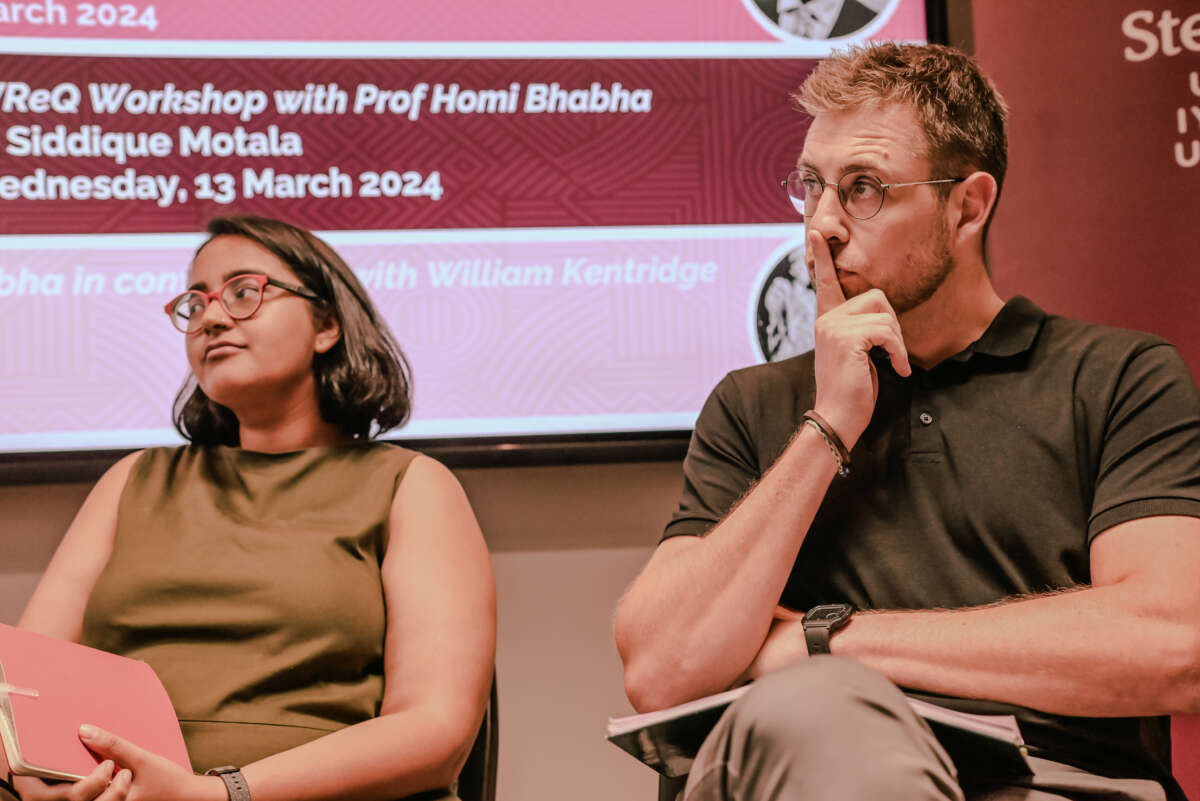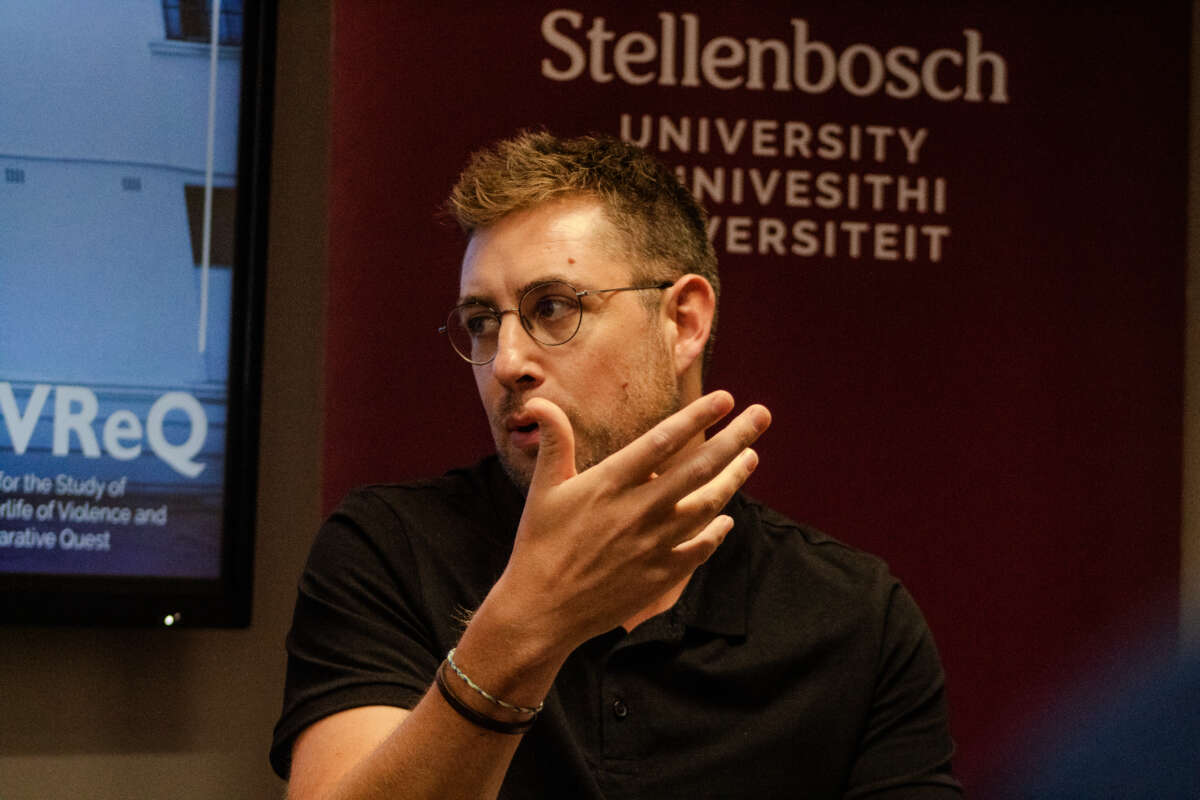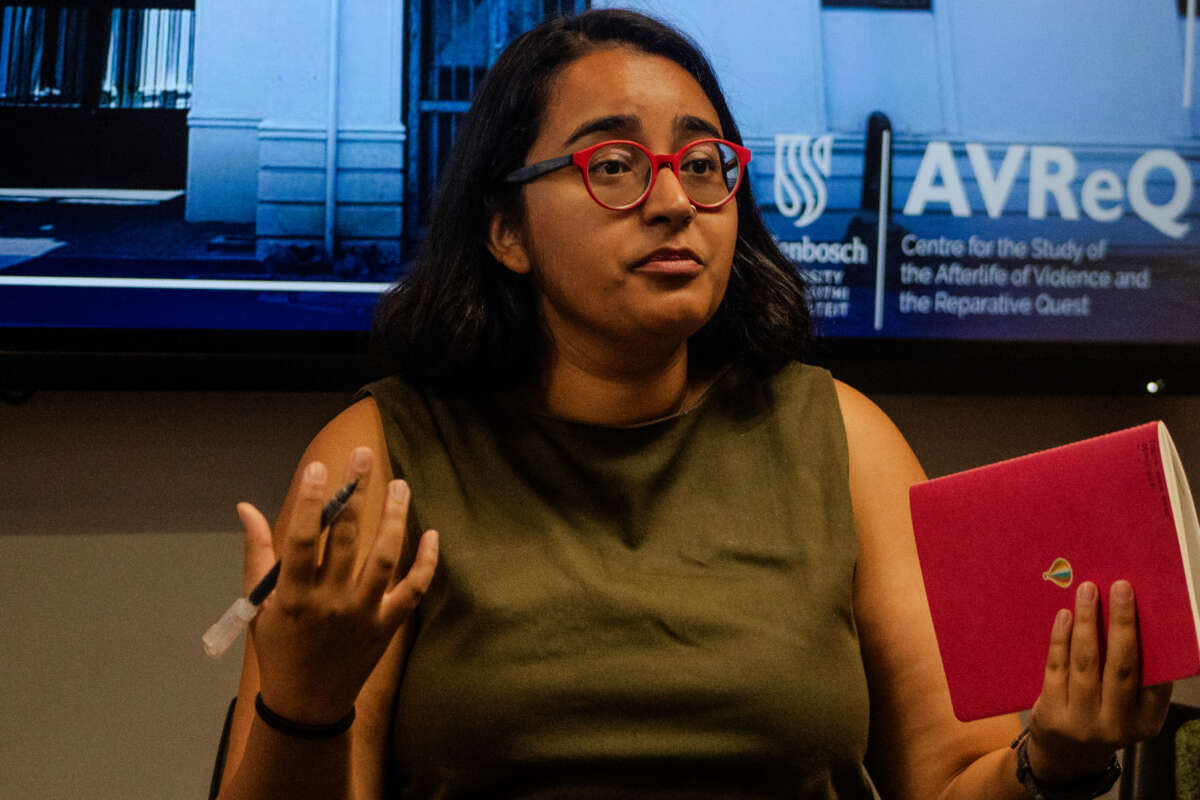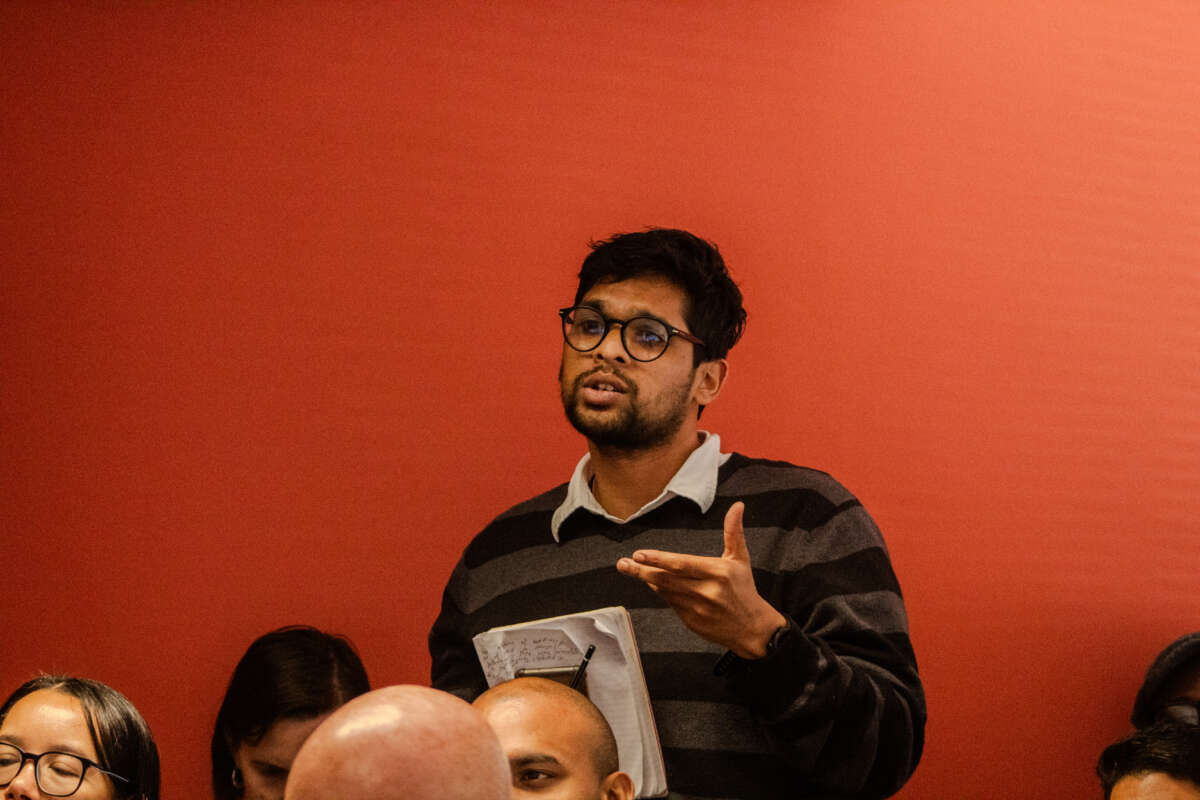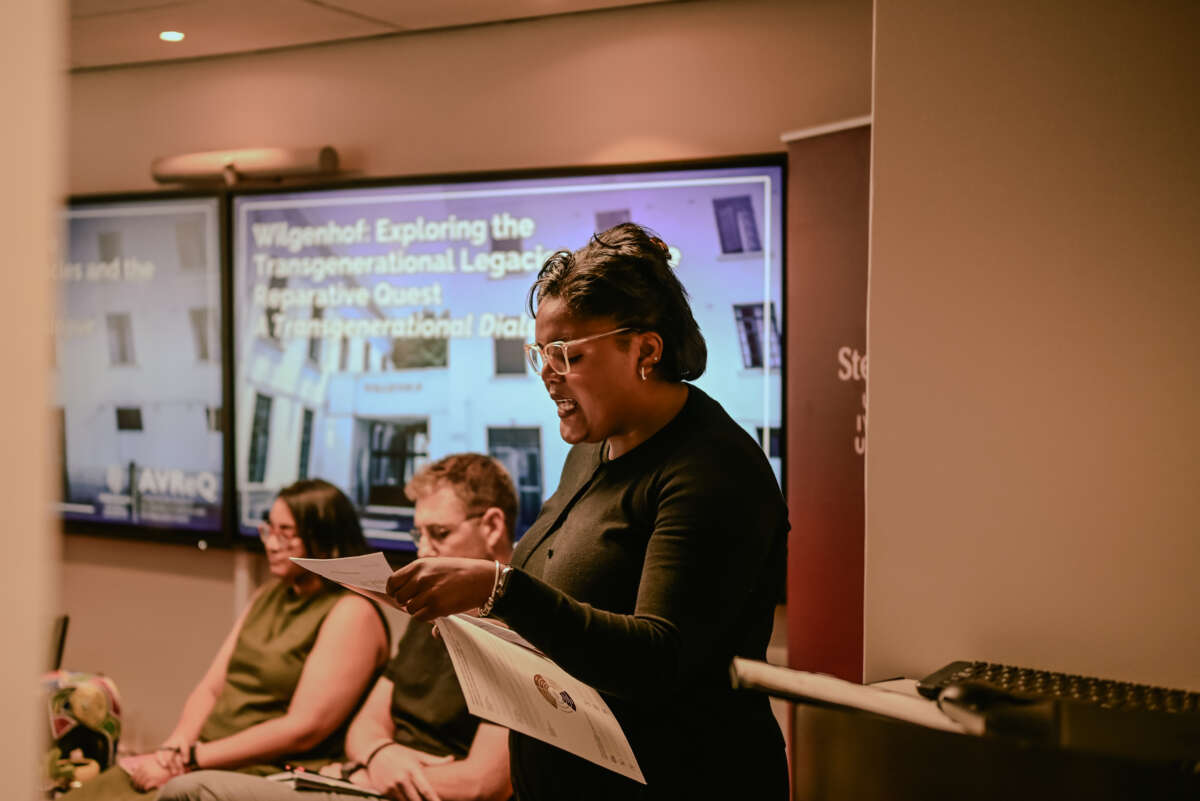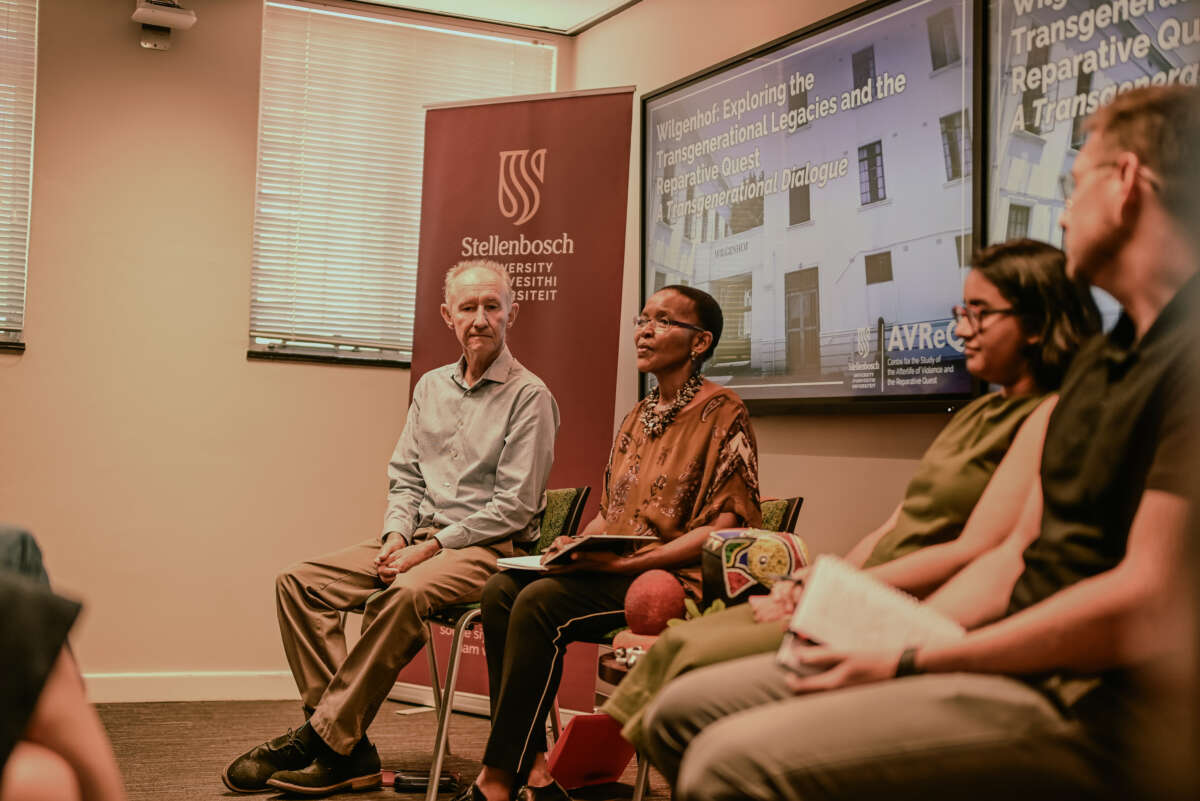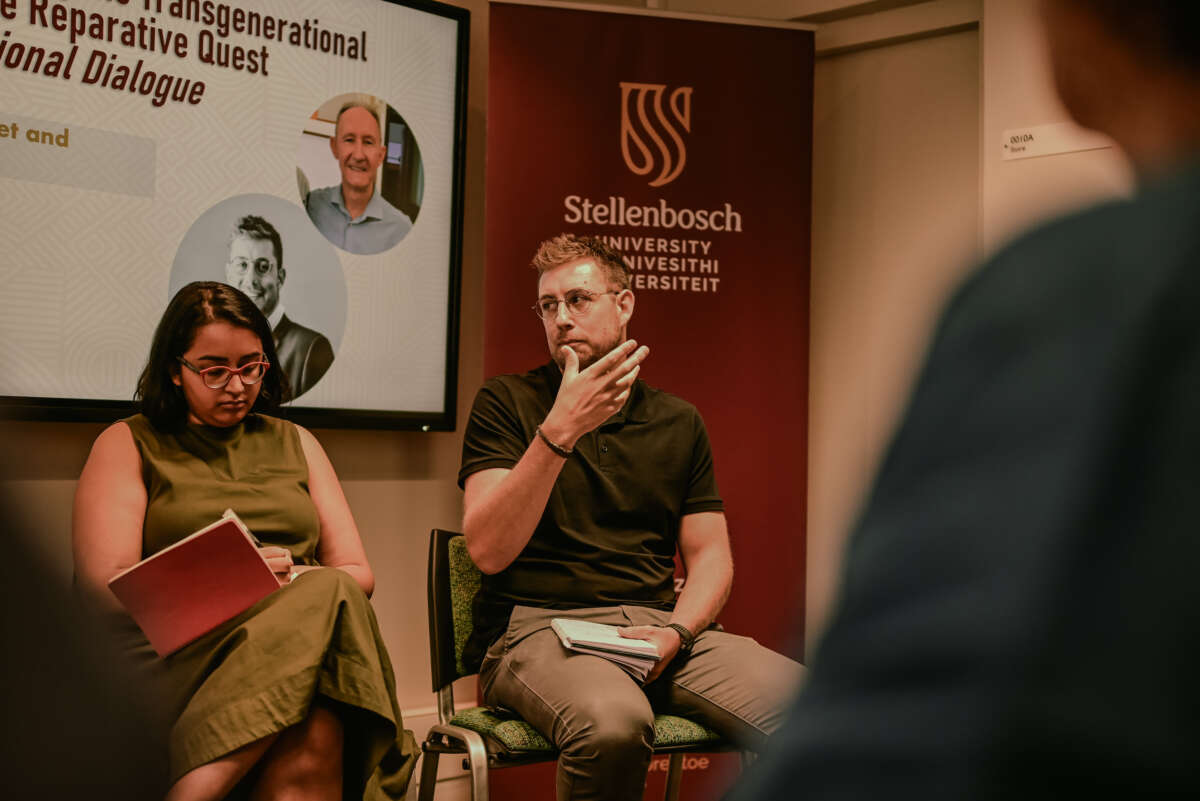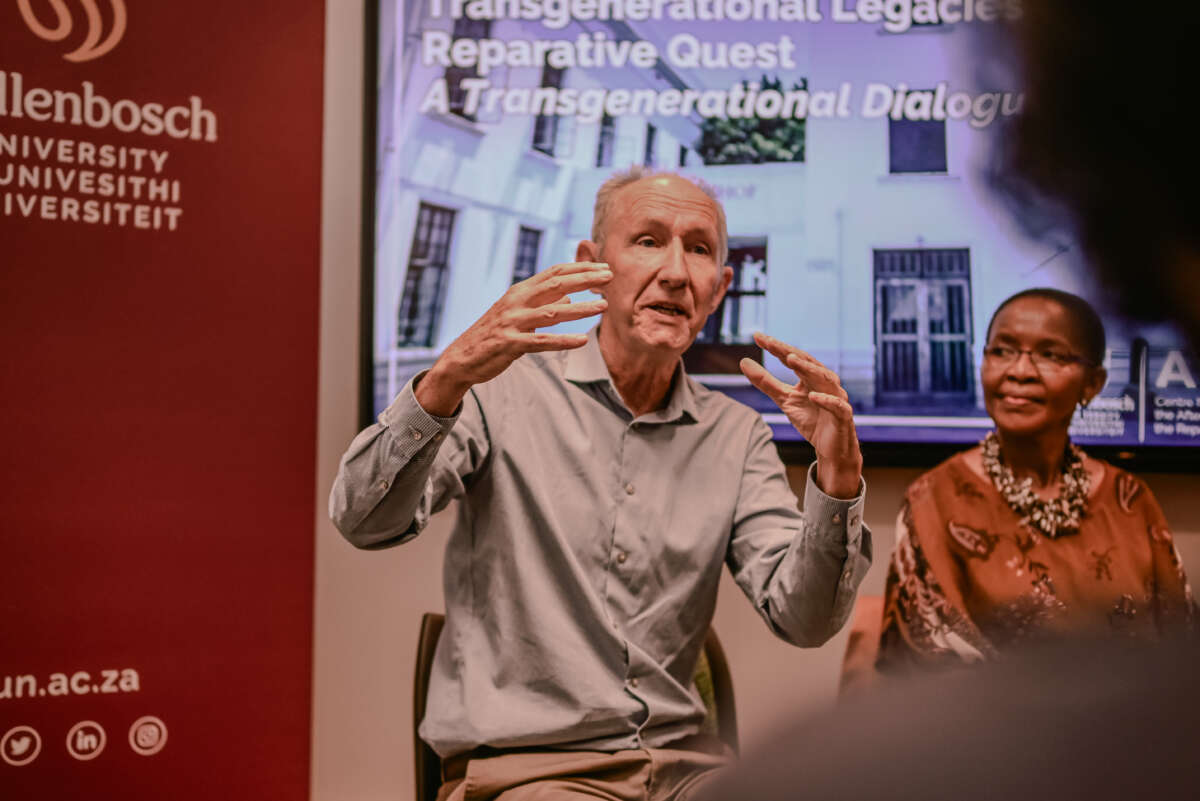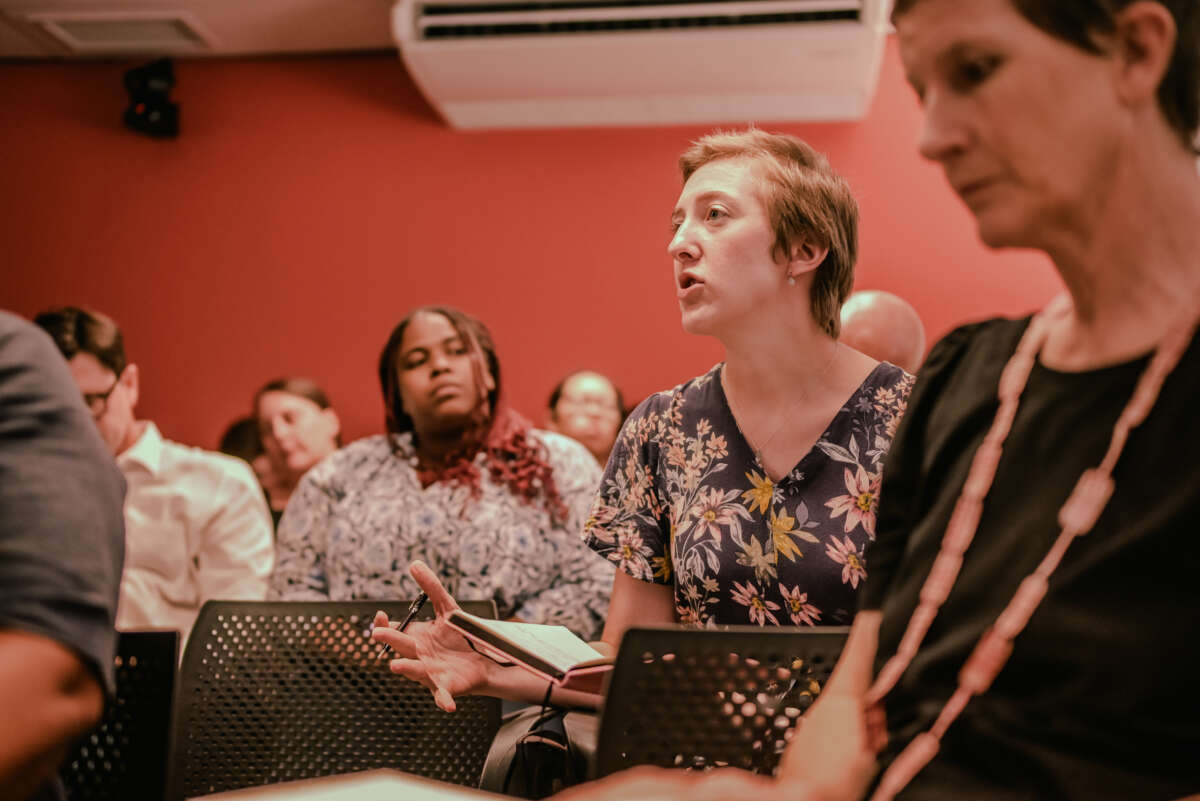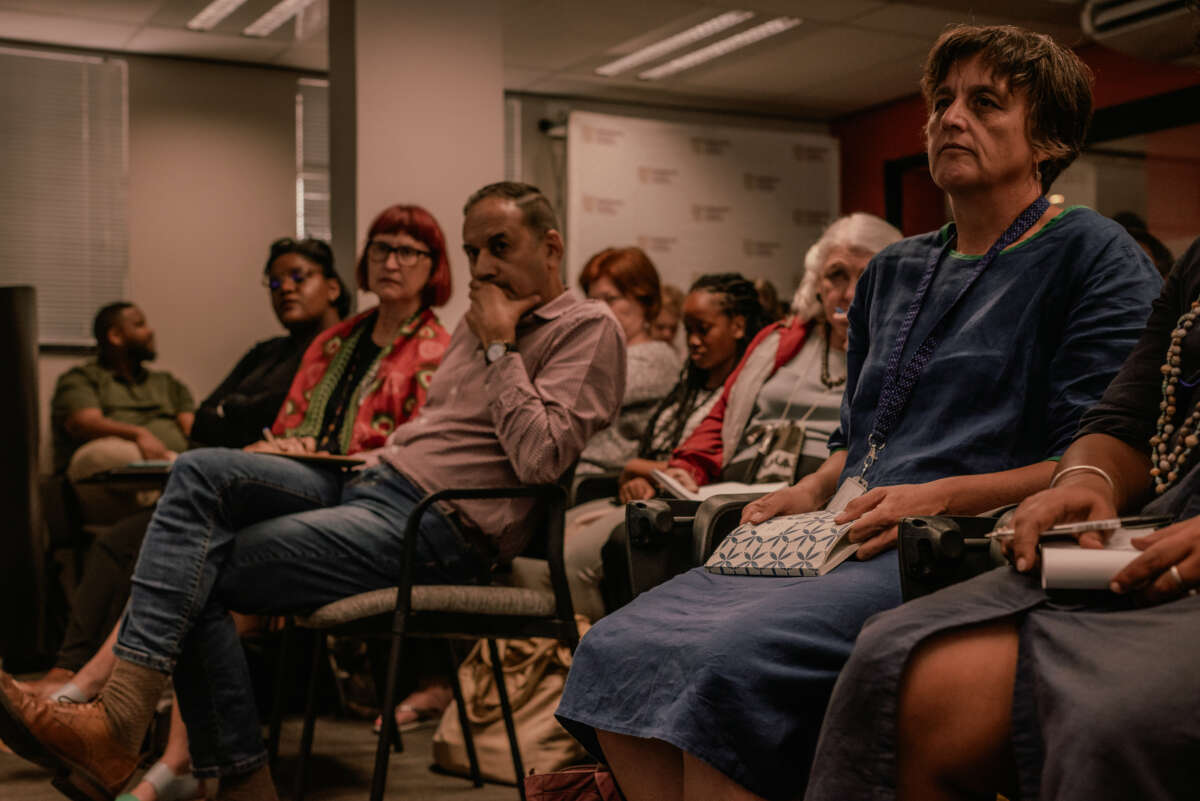In an endeavour to cultivate critical dialogue and reflection on a recent incident that unfolded at the Wilgenhof residence, AVReQ extended an invitation to the Stellenbosch University community for a public dialogue. This dialogue was aimed at facilitating a collective exploration of the transgenerational legacies and the ongoing reparative quest in the aftermath of the Wilgenhof incident.
The conversation with Drs Wilhelm Verwoerd and Louis van der Riet, opened a space for critical dialogue and reflection. Our speakers, both former Wilgenhoffers, recently published Open Letters on the Wilgenhof incident and emphasized the need for a nuanced approach to address the issues at hand.
Cautioning against a purely legalistic response, the speakers argued that simply assigning blame and punishment would not foster genuine transformation. Stressing the importance of recognizing the collective responsibility and historical context that underpins the challenges faced by Wilgenhof.
Dr Verwoerd urged alumni and residents not to defend or rationalize past actions but to acknowledge the harm caused. In his open letter, he highlighted the need for self-examination within Wilgenhof regarding its initiation traditions, which have been linked to reports of humiliation, violence, and exclusion.
The recent discovery of items related to initiation practices dating back to the 1900s prompted the university to appoint a panel to investigate. Verwoerd expressed concern about the visceral impact of these revelations on both internal and external communities.
Reflecting on their experiences at Wilgenhof, the speakers admitted to blind spots and called for introspection among others who may struggle to see the underlying issues. They underscored the importance of a deeper journey toward reconciliation and inclusivity, challenging the resistance to change within post-apartheid South Africa.
In his response Dr Verwoerd also referenced the university’s restitution statement from 2018, advocating for its implementation across all facets of the institution to address past injustices and promote genuine inclusivity.
Ultimately, the speakers emphasized the need for a relational journey that engages both young and older generations in transformative dialogue, steering away from a purely judgmental or legalistic approach.
The ongoing discussions sparked by the Wilgenhof controversy, coupled with broader efforts toward reconciliation, represent a pivotal moment for Stellenbosch University and its communities as they navigate complex historical legacies.
The letters may be read here:
